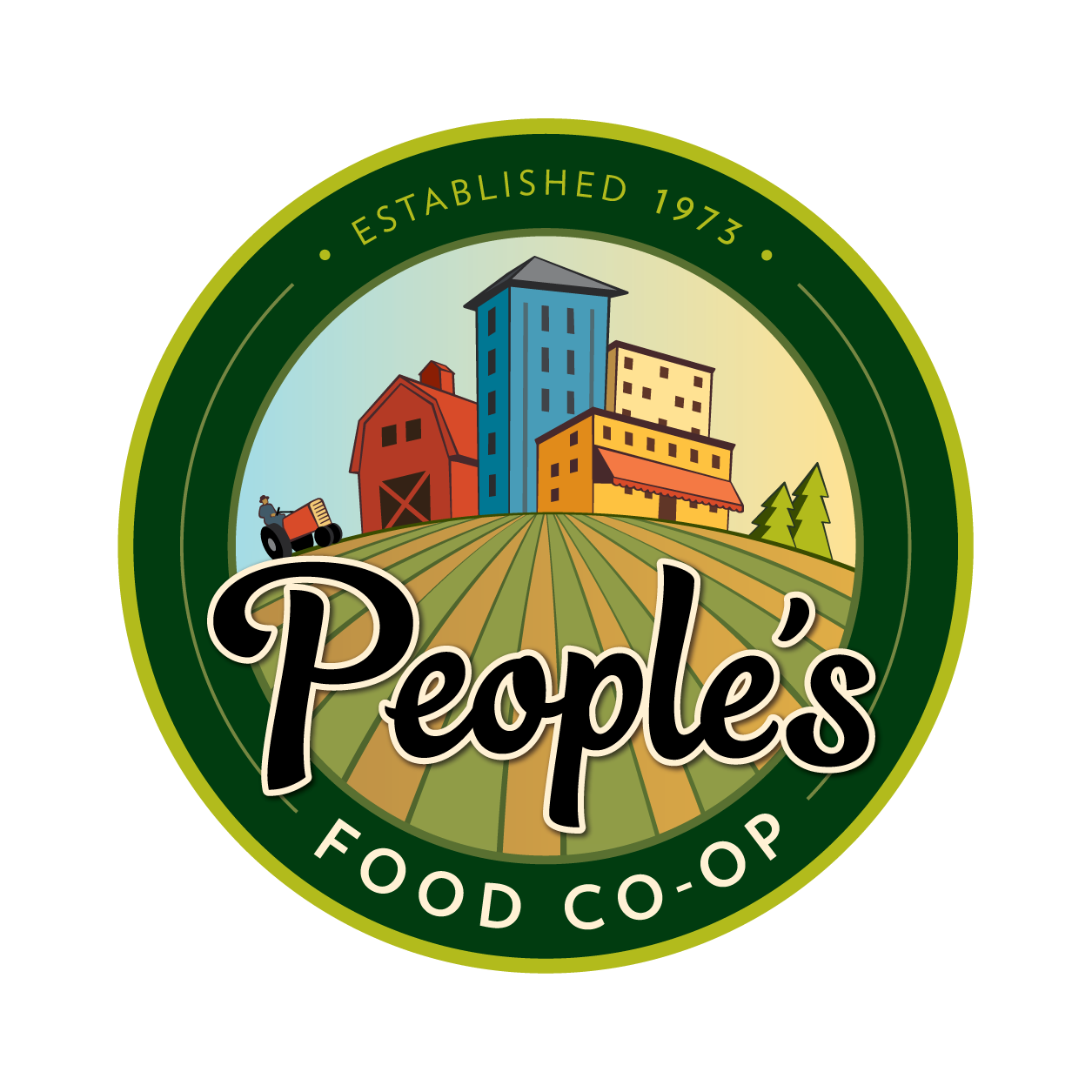Kalona SuperNatural
Supplier to PFC La Crosse and Rochester since 2010
199 miles from PFC—La Crosse
210 miles from PFC—Rochester
In a competitive marketplace that has increasingly demanded that farmers get big or get out, a group of small Amish family farms in Eastern Iowa came together to pool their resources to find a way to continue their traditional way of life.
Kalona SuperNatural, based in Kalona, Iowa, makes dairy products with milk from small Amish and Mennonite organic farms. The milk, sour cream, and other products are minimally processed, non-homogenized, and certified organic. With a regenerative grazing program, Kalona SuperNatural goes beyond the USDA organic requirements in its environmental stewardship.
The business started in 2004 when a group of Amish dairy farmers decided to open Farmers Creamery to compete against larger players in the organic milk market, at a time when farms were going out of business or were getting swallowed up by capital-rich businesses. Ten small farms came together to start the creamery. By 2005, they were coming up against the limits to growth for a group unused to working in sales and marketing in the larger marketplace.
The farmers sold the creamery to its current owner, Bill Evans, who had been working with the farmers as accountant and consultant. Realizing that the creamery would continue to struggle unless it had its own distribution and marketing systems, Evans founded a distribution company called Open Gates. As regular readers of this newsletter will know, the farmer’s job is only half done when the harvest is finished; getting the produce to market is perhaps the trickiest part of the farmer’s job. By managing distribution and retail marketing, Evans could protect the profits for the farmers who produce the milk.
Today, Kalona SuperNatural is sold in all 50 states in approximately 3,000 stores and has expanded its presence recently in Florida and the Pacific Northwest—a tough task considering Kalona’s milk has a 19-day shelf life.
The number of farms that work with Kalona has increased, though they remain an Amish and Mennonite operation. The average size of a herd is 35 animals and much of the work is done by hand. Many of the producers have lived and worked on their family farms their whole lives, and the farms have been in the same family for generations. The intent of the original Farmers Creamery was to sustain this family farming tradition and Phil Forbes, small farm program director for Open Gates, notes that it continues to be the mission for Kalona SuperNatural, “we are committed to helping small farmers make organic farming a viable lifestyle.”
A salutary consequence of the long tenure of the Amish farms is that this land has never been subjected to chemical pesticides or herbicides. Kalona farms use no synthetic growth hormones or antibiotics, no GMOs, and no irradiation or sewage sludge. All of Kalona’s products are minimally processed, certified organic, and non-homogenized—you’ll have to stir the cream on top back into the milk when you open the container.
Pasture Grazed
The cows all have access to open pasture. Animals that graze on fresh pasture live much longer and enjoy better health than those confined in feeding lots. In addition to better animal health, pasture-grazed farming adds more organic matter to the soil, contributing to the preservation of farmland for future generations. This regenerative grazing increases plant diversity, providing habitat for pollinators,
Pasture grazing reduces erosion, so the water runs into the ground and not into the rivers. In Eastern Iowa between one to eight tons of topsoil per acre, per year are lost to runoff. Most of that is polluted with chemicals and ends up contributing to the Gulf of Mexico dead zone. With pasture grazing, the soil grows more resilient to the ever more common hard rains, and improved soil holds moisture better, increasing the land’s resistance to drought.
Pasture grazing is better for the animals, soil quality, the environment, and indeed for the consumer. Cody Rasmus of Kalona SuperNatural reports that “Pasture grazing also improves the quality of the milk. Grass-fed milk has three to six times the amount of conjugated linoleic acids (CLAs) as conventional milk. CLAs can protect against heart disease and diabetes. Also, the ratio between Omega-3 and Omega-6 fatty acids is lower, which has been shown to reduce the risk of chronic diseases.”
As Charles Miller, a Kalona farmer says: “if you take care of nature, nature will take care of you.”
Kalona’s been a supplier to People’s Food Co-op since 2010. Both the Rochester and La Crosse stores currently stock their yogurt, butter, sour cream, cottage cheese, and milk.

